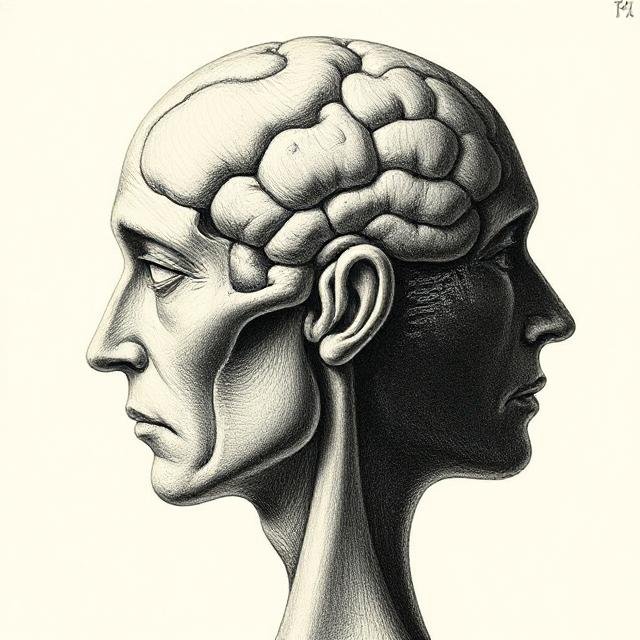Discover why millions are rethinking alcohol—even if they don’t consider themselves “addicted.” The sober curious movement is reshaping social norms, health trends, and how we define fun.
What Does “Sober Curious” Mean?
The term sober curious describes choosing to question or reduce one’s alcohol use without necessarily identifying as sober or having an alcohol use disorder. Coined by author Ruby Warrington in her 2018 book Sober Curious, the concept empowers people to explore life without alcohol—even temporarily—to discover how it affects mental clarity, social life, health, and emotional wellbeing (Warrington, 2018).
Unlike traditional sobriety, sober curiosity isn’t tied to a diagnosis or permanent abstinence. Instead, it’s an intentional examination of one’s relationship with drinking.
Why Is Sober Curiosity Trending?
Recent cultural and health trends have fueled interest in sober living—even among people who don’t identify as alcoholics:
- Health and Wellness Boom: Younger generations, especially Millennials and Gen Z, are increasingly prioritizing wellness and mental health over heavy drinking (Statista, 2024).
- Rise of Non-Alcoholic Beverages: The global non-alcoholic drinks market is projected to reach $1.7 trillion by 2028, driven by demand for sober social alternatives (Grand View Research, 2024).
- Social Media Movements: Hashtags like #SoberCurious and #MindfulDrinking have amassed millions of views on TikTok and Instagram, normalizing sober experimentation (Pew Research Center, 2024).
- Mental Health Awareness: Growing recognition of alcohol’s impact on anxiety, depression, and sleep disorders has encouraged people to re-evaluate even casual drinking (CDC, 2024).
Benefits of Exploring Sober Curiosity
While experiences vary, many people report significant benefits from cutting back:
Improved Mental Health
Alcohol is a depressant, and even moderate use can contribute to anxiety and mood swings. Many sober curious individuals describe better emotional stability and reduced stress (NIAAA, 2024).
Enhanced Physical Health
Reduced drinking can lower blood pressure, improve liver function, support weight management, and enhance sleep quality (Mayo Clinic, 2024).
Social Empowerment
Sober curious living can foster more authentic connections and reduce the “social crutch” effect of drinking.
Financial Savings
Cutting back on alcohol can free up significant disposable income, which is particularly impactful amid rising living costs.
How to Embrace Being Sober Curious
Exploring sober curiosity doesn’t have to mean quitting entirely. Here’s how to start:
- Track Your Habits: Apps like Sunnyside or Reframe help monitor drinking patterns.
- Experiment With Dry Months: Challenges like Dry January or Sober October can be good trial runs.
- Try Non-Alcoholic Alternatives: Explore zero-proof spirits, craft NA beers, or sophisticated mocktails.
- Communicate Your Intentions: Let friends and family know you’re experimenting. Many will be supportive—or even join you.
- Seek Community: Groups like Club Soda and moderation-friendly communities offer support without labels.
Potential Challenges and How to Navigate Them
Even for the sober curious, stepping back from alcohol can feel awkward:
- Social Pressure: Friends might question why you’re not drinking. Prepare a simple, confident response, e.g., “I’m taking a break to feel healthier.”
- FOMO: Alcohol-free events and NA alternatives help maintain your social life.
- Emotional Triggers: Alcohol often masks stress. Therapy, mindfulness, or support groups can help manage underlying emotions.
Sober Curious vs. Sobriety: What’s the Difference?
Sober curious is about exploration and flexibility. People may still drink occasionally but want to understand and reduce how alcohol affects them.
Sobriety, by contrast, usually implies permanent abstinence—often due to addiction or significant life consequences.
Both paths deserve respect, and neither is “better.” The key is discovering what’s healthiest for you.













